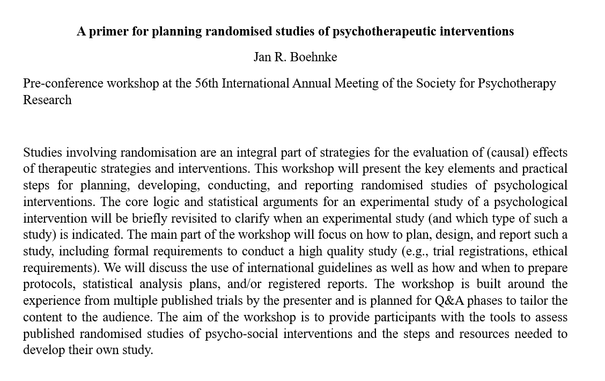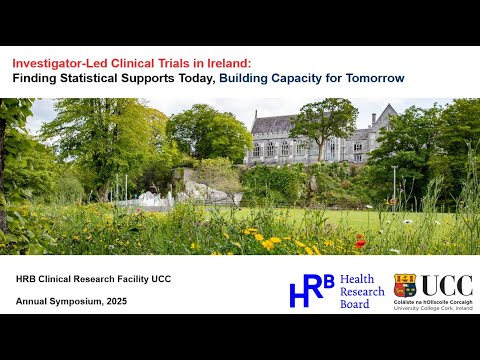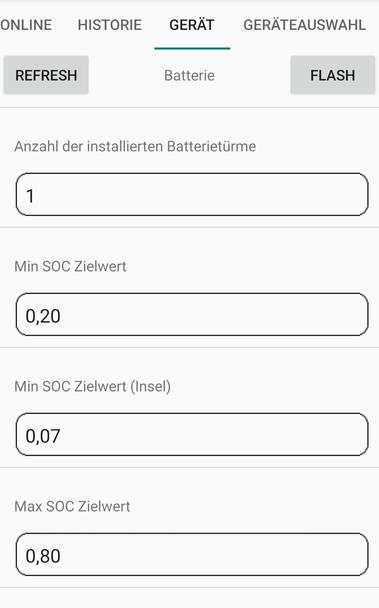In a week's time we will be getting under way with preconference workshops at @sprofficial.bsky.social!
Find the programme here:
https://spr.mymeetingsavvy.net/program#glance
For example: Thinking about getting into randomised studies of psychotherapeutic interventions?







